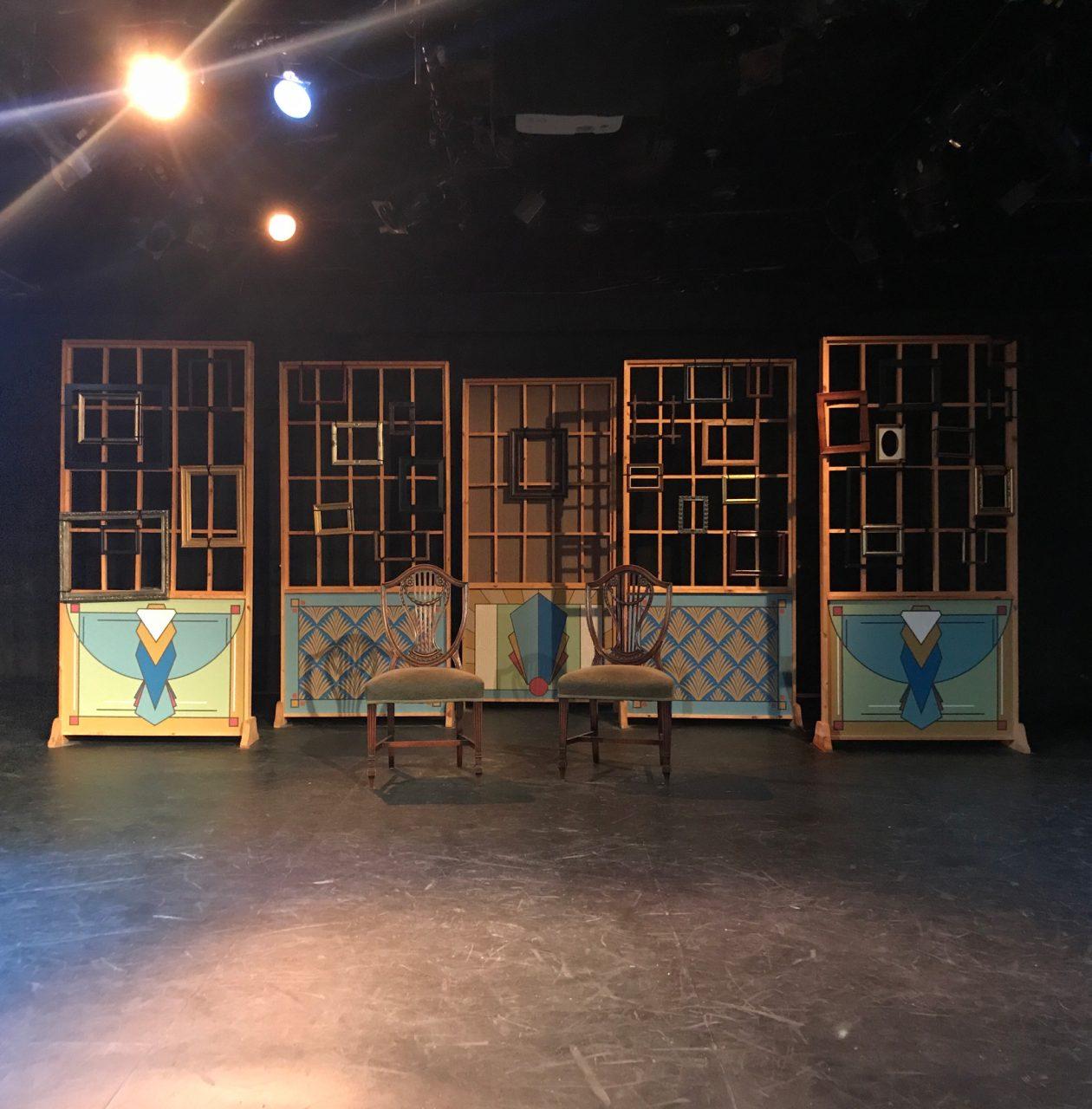In light of the #MeToo movement, a movement against sexual harassment and assault, the In/Visible Theatre had a showing Saturday night of “Measure for Measure,” a play by Thomas Middleton and William Shakespeare.
The theater, situated in I.G. Greer, drew a crowd and the first person to welcome everyone was Karen Sabo, the artistic producer and co-founder of In/Visible Theatre in Boone. Sabo was a part of numerous charitable organizations, one being the Women’s Fund of the Blue Ridge. At the time Sabo worked with these organizations she had already begun In/Visible Theatre.
“We were already running In/Visible Theatre, but we were doing it rather casually, just doing a couple projects a year. I knew that I was going to have to learn how to run a nonprofit because I’m an artist and trained as an actor, director and dancer, so I worked with them,” Sabo said.
Sabo explained that she ran another local nonprofit which she described as quite small and low pressure.
Another person involved with the theater is Derek Davidson, who is Sabo’s husband and artistic director.
“We’re hoping instead of this being a duo, it will become a trio because one thing that’s missing is a business management person,” Sabo said.
Sabo shared how she met her spouse, and their common theater background.
“We met at the Barter Theatre, and the nice thing about Barter is it’s a resident acting company,” Sabo said. “Most theaters that size go to New York, hire some actors and bring them in for six weeks, then back home. But at Barter you are a part of an acting company.”
Sabo and Davidson wore many hats at the company, from playwright, to director, to actor, to dialect coach and more. As the room filled up even more, Davidson explained how the theater’s room in I.G. Greer was created.
“It was a music room. That’s why they have the risers built in. They were for the instruments in the room,” Davidson said.
Sabo said the room had many pros and cons. The lights and sound were a pro, but the lack of air conditioning and the proximity to the bell tower made it difficult. There were limited options for the couple to find a proper studio.
“We’re loosely affiliated with Appalachian State but we’re not under university rule. So we pay to rent it. This is what we’ve got for now,” Sabo said.
Sabo has already seen the impact that the theater has made in the community, beginning with the diverse crowds.
“It’s a community that is really supportive,” Sabo said.
The couple supports their actors as much as the community has supported them.
“We’re sort of a hybrid theater. We pay most of our actors for most projects that I do. Sometimes it’s a $20 stipend but we do have one union actor at the show, and so he gets a regular union paycheck,” Sabo said.
The couple takes in varying actors from professional to beginner. One of the focuses of the current show is the timelessness of the #MeToo movement, explaining that the actions that invigorated the cultural movement have been going on for hundreds of years. Showing a modern audience “Measure for Measure,” which was deemed a comedy in Shakespearean times, presents men utilizing their power with malcontent.
“We try to do work that is just not entertainment. We do pertinent work, we’re not a social justice theater, but we’re never pedantic. Our mission is to bring things to light or talk about things that are not usually talked about because it’s uncomfortable,” Sabo said.
Art articulates the side of things that we might be blinded to by our upbringings, Sabo said, which makes it the best way to approach issues like sexual assault.
Freshman psychology major Ethan Brown, who was fresh off the activities of first-year orientation, sat down before the show to support a friend who was ushering for the night.
“She’s not into plays, but she is going to make me go to a lot of her performances. She wants me to go to all of her plays, because I don’t have a reason not to,” Brown said.
The show enlightened Brown, and perhaps it could bring another perspective to the stage in the future.
“This makes me really want to be a playwright,” Brown said.
The play was applauded and received a standing ovation. The actors listed off organizations that the show supports like Oasis, which is one among other charities that lend a space for women under duress mentally or physically.
For more information on the In/Visible Theatre, their next production or the cast and crew, visit their website at InVisibleTheatreNC.org.
Story and Photo by: Alexander Hubbell, A&E Reporter
Feature photo caption: An empty stage still lit after In/Visible Theatre’s Saturday night’s show. In/Visible theatre says that it “embraces innovative art in language, design, movement, music, and sometimes even technology,” through their performances.

